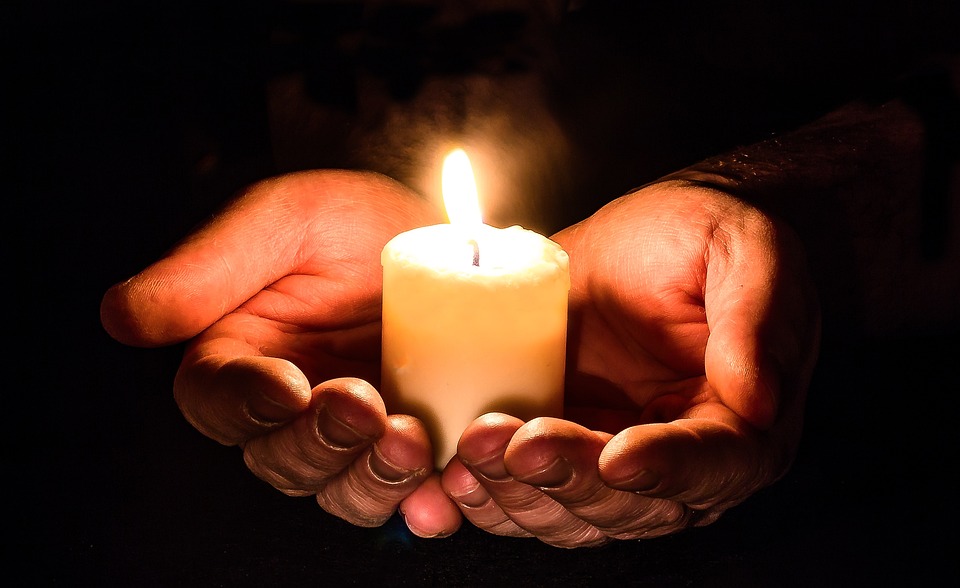 Paul writes in the 2nd letter to Timothy in chapter 3:15-17: „From childhood you have been acquainted with the sacred writings, which are able to make you wise for salvation through faith in Christ Jesus. All Scripture is breathed out by God and profitable for teaching, for reproof, for correction, and for training in righteousness, that the man of God may be complete, equipped for every good work.“
Paul writes in the 2nd letter to Timothy in chapter 3:15-17: „From childhood you have been acquainted with the sacred writings, which are able to make you wise for salvation through faith in Christ Jesus. All Scripture is breathed out by God and profitable for teaching, for reproof, for correction, and for training in righteousness, that the man of God may be complete, equipped for every good work.“
With the term “ the sacred writings ” Paul means the Jewish Bible – i.e. the Tanakh, consisting of the five books of Moses (Torah), the prophets (Nevi’im) and the Scriptures (Ketuvim). The Tanakh was the Bible of the first followers of Jesus. Continue reading The understanding of the Scriptures of the early Christians
 The core of human coexistence is family and work. This is where faith has to prove itself. Ephesians 5,21 to 6,9
The core of human coexistence is family and work. This is where faith has to prove itself. Ephesians 5,21 to 6,9 David writes in
David writes in  Subcultures are establishing themselves in Europe. The same rights no longer apply to everyone.
Subcultures are establishing themselves in Europe. The same rights no longer apply to everyone. (Ephesians 5:1-20)
(Ephesians 5:1-20)